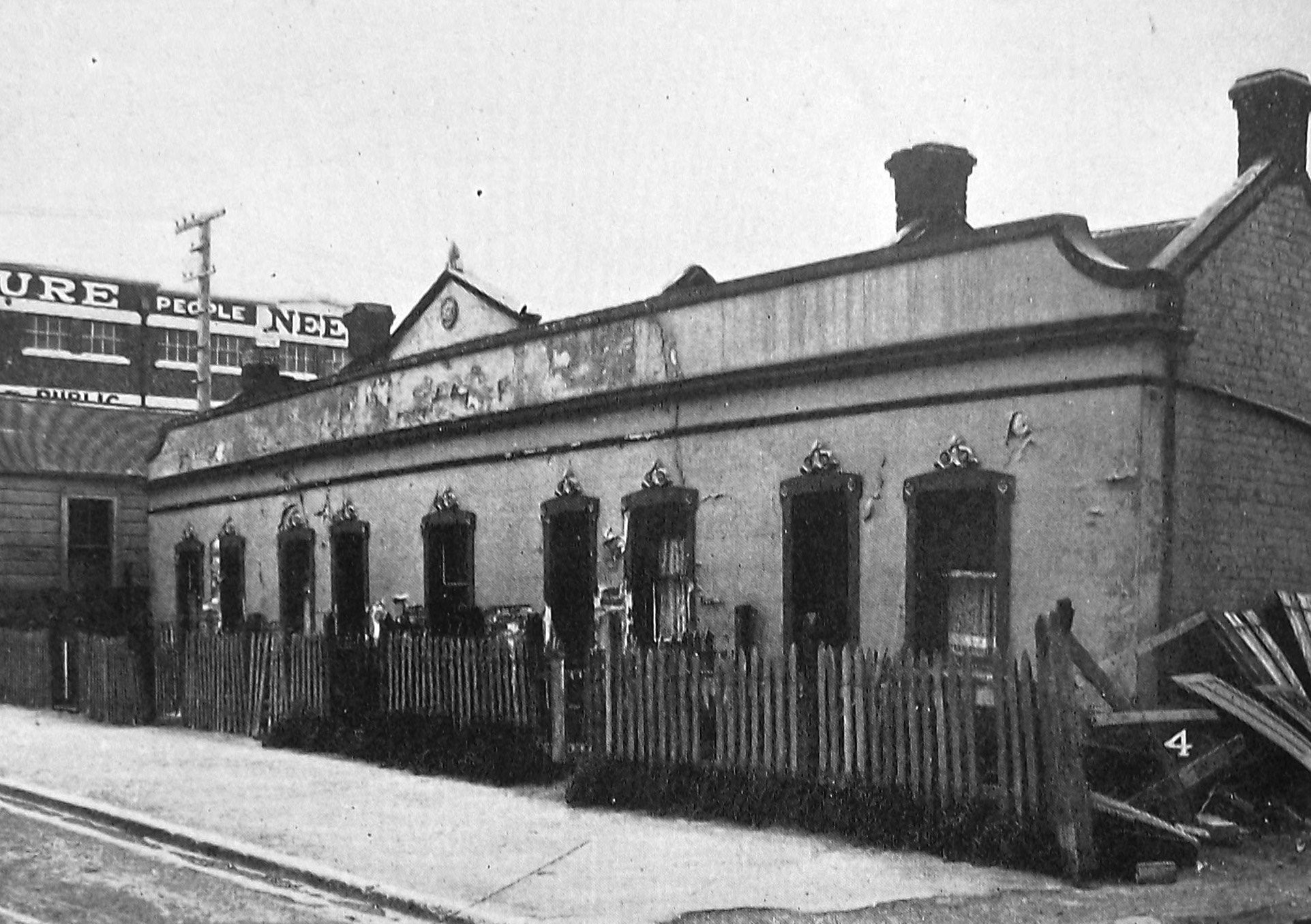

Personally he thought it was in the interests of the board’s land there to have that piece as a garden plot.
The Secretary read a letter from the City Council stating that it was prepared to buy the leaseholder’s interest in the lease for £764 if the Harbour Board would use it in such a way as not to be detrimental to the general layout of the street lines. Mr Moller asked how much they would be losing in rent as a board. He understood there were two more sections in addition to the small triangular piece spoken of. He was "not very shook" on giving any more to the City Council. He was getting tired of the pinpricking on the part of the chairman of the Council’s works committee. The Chairman said the present rent the board was receiving was £40 10s.
Mr MacManus (surprised): "And you are prepared to lose £40 10s?"
Mr Ramsay said that quarter of an acre was worth more than £40 in that part of the town.
Mr Anderson opposed the idea of the board parting with any of its sections. Mr Roberts said he was a strong advocate of open spaces for the sake of the people. He thought the district there would be largely residential.
Mr Ramsay opposed the proposal to part with the area, and said they had given away quite enough. There were two small parts that might be given as garden plots, but they should retain one good section.
Mr Anderson moved that the board decline to accede to the council’s suggestions. Mr Cable seconded the motion and said the board must be just before it was generous.
Mr MacManus moved as an amendment that the site be offered to the City Council for a fish market. It might be possible to cheapen fish by this means.
The Chairman said he intended to vote for setting aside the whole area for a garden plot, but he saw nothing wrong about making it a market. He seconded the amendment pro forma, and it was lost on the voices.
Mr Roberts moved as a further amendment that portions of the area be handed to the city for garden plots, and portion be retained by the board.
Mr Moller seconded the amendment pro forma, and it was lost on the voices.
The motion was carried, and Mr Moller remarked, "Perhaps the council will take a tip now and leave the Harbour Board alone, and not pass uncomplimentary remarks about what the Harbour Board is doing with its own concerns."
Leper isolation the right move
The compulsory segregation of lepers is necessary. That the asylum for these unfortunates should be as isolated as is possible for convenience, and that the treatment of all sufferers should be carried on under as ideal conditions as is possible is a sine qua non. In the case of a leper segregation is nothing more nor less than involuntary penal servitude. Through no fault of his own, he is condemned to a complete severing of the ties of blood, friendship and humanity; and he may not mix with his fellow men. Whatever factors decided the New Zealand Government to transfer the lepers from Quail Island to the island of Mokogai, in the Fiji Group, there can be no doubt that the change must be for the better. — ODT, 26.9.1925
Compiled by Peter Dowden












